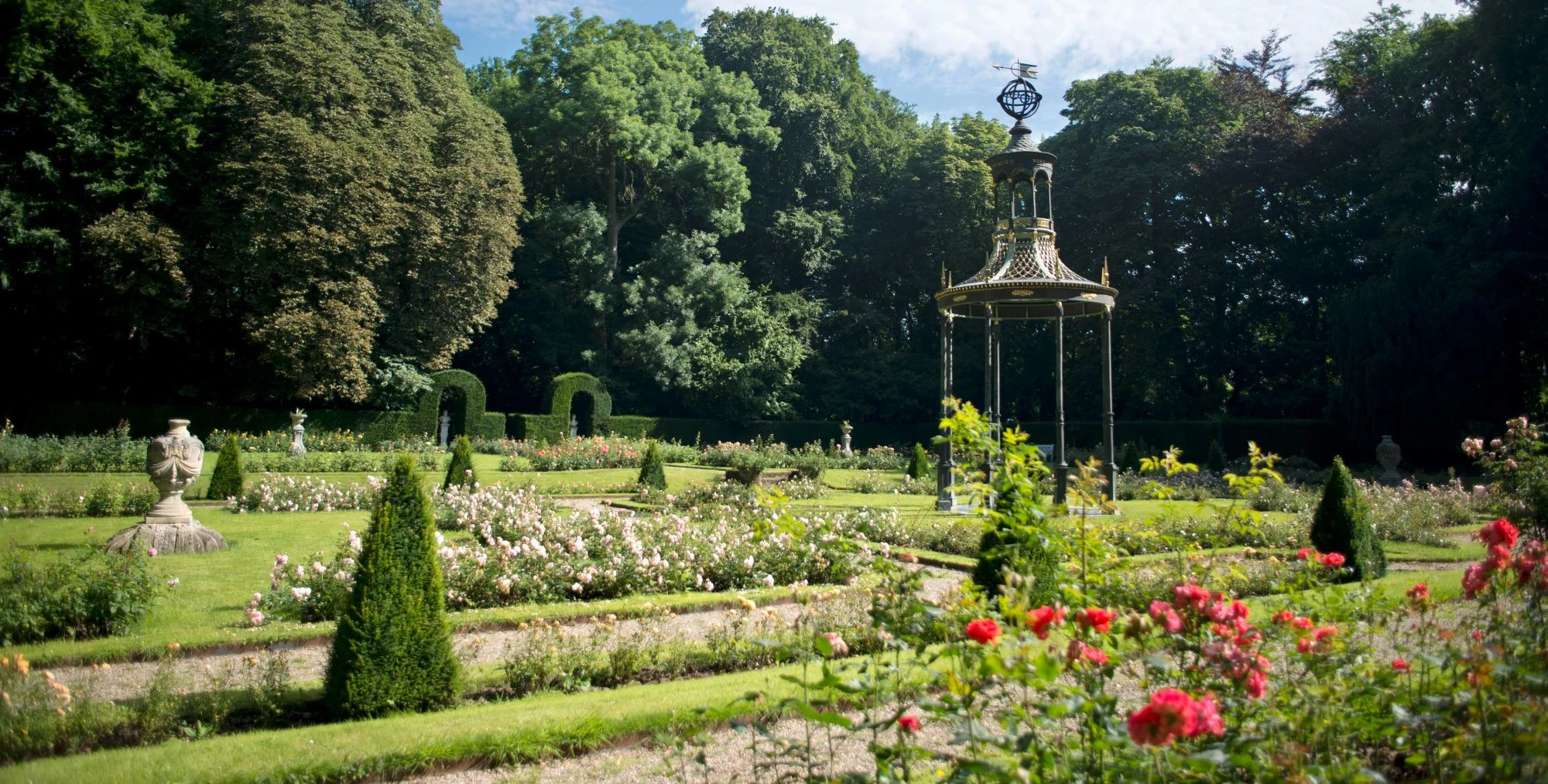Peaceful coexistence is under threat worldwide, states Professor Jaap Schaveling in his farewell lecture as Professor of Collaboration and Leadership. To create a safe environment again, we need to work on our self-awareness. According to Schaveling, this leads to more self-love and love energy.
Although it has not been empirically proven, Schaveling is convinced that every person has their own 'self', their own soul. The problem is that we have lost touch with our ‘self’ over time. This is due to a variety of factors, of which upbringing is the most important. “During our upbringing, we have built up all kinds of protection mechanisms”, explains Schaveling. “For example, we have learned to suppress certain emotions or we went out of our way to be seen by our parents”. Schaveling elaborates on a personal example from his own life. “We never used to talk about the war at our home. This was because my grandfather had worked as a train operator during the war and probably transported Jews with his knowledge. My uncle was sent as a soldier to Indonesia, where of course some dubious things had happened as well. In addition to that, I had a father who was manic-depressive. All these factors combined, made it difficult for me to express myself as a child and it caused me to spend a lot of time alone in my room”.
Achievement society
Also the fact that we live in an achievement society, according to Schaveling, is one of the factors that has contributed to us losing touch with our inner selves. “Especially in certain circles you are only someone if you also achieve something. It is no longer about your own feelings and who you really are, but about what you have achieved.” Schaveling also finds the role of social media a cause for concern. “Social media was designed to connect more, but the opposite has happened. We are sometimes so occupied with our phones that we lose sight of the people around us. Just think of the dad walking behind the buggy and only paying attention to his phone. There is no eye contact with the child at all, which can cause a lot of stress in the child”.
Self-love
To create a safe environment, it is important that we develop self-awareness. “Self-awareness means being aware of your own feelings and personal limits”, explains Schaveling. “It also means that you gain insight into the protection mechanisms that you have built up over the years. The more self-aware you are, the more room there will be for healthy self-love. This entails that you dare ask yourself questions such as: who am I? Why am I on this earth? That self-love also enables you to really connect and bond with others. In my farewell lecture I call it 'love energy'. That way, we create a safe environment for ourselves and we can live together peacefully”.
Leadership
Schaveling's area of interest is collaboration and leadership, in which collaboration is mentioned first for a reason. “It is my opinion that we put managers on a pedestal too much”, says Schaveling. “Employees therefore see their manager as a parent and subsequently take on the role of a child. There is also often transgressive behavior by managers as a result of hierarchical differences. For example, many executives walk into an office uninvited or join a meeting unexpectedly. This is apparently quite normal, but as soon as an employee walks into an MT meeting uninvited, it is seen as inappropriate. That is actually really weird, isn't it?” According to Schaveling, managing is not necessarily the same as leadership. “I see leadership more as the behavior you display and the way you shape your life, your profession and your relationship with others. And there could be a little more love put into that.” Is there actually still hope for a peaceful society? Schaveling laughs: “I don't think ‘hope’ is a good term. I always say: hope is (h)opium. It keeps people calm, but it doesn't solve anything. We all have to work together. Fortunately, curiosity is a basic human emotion. Thanks to that curiosity, we are able to recognize the moment when we add value to the system in view of a sustainable, inclusive society and planet. That is when we must have the courage and competence to seize that moment. To me, that is what leadership is all about.”
Impact
Schaveling has worked 25 years at Nyenrode, including five years as a professor. What is he most proud of when looking back on his career? “It is great to see that my colleagues and I have been able to make a real impact on the lives of participants with our programs. I have had people who decided after participating to radically change course. For example, by making a career switch, stopping their studies or by working much more from their authenticity. I even had a partner of a participant come up to me to ask what I had done with her husband. Since following one of our programs and the choices he made afterwards, the participant was a lot happier and a better father. Isn't that the best compliment you can get as a lecturer?”
The emeritus lecture (in Dutch) can be viewed here.
Download the booklet below (in Dutch).

